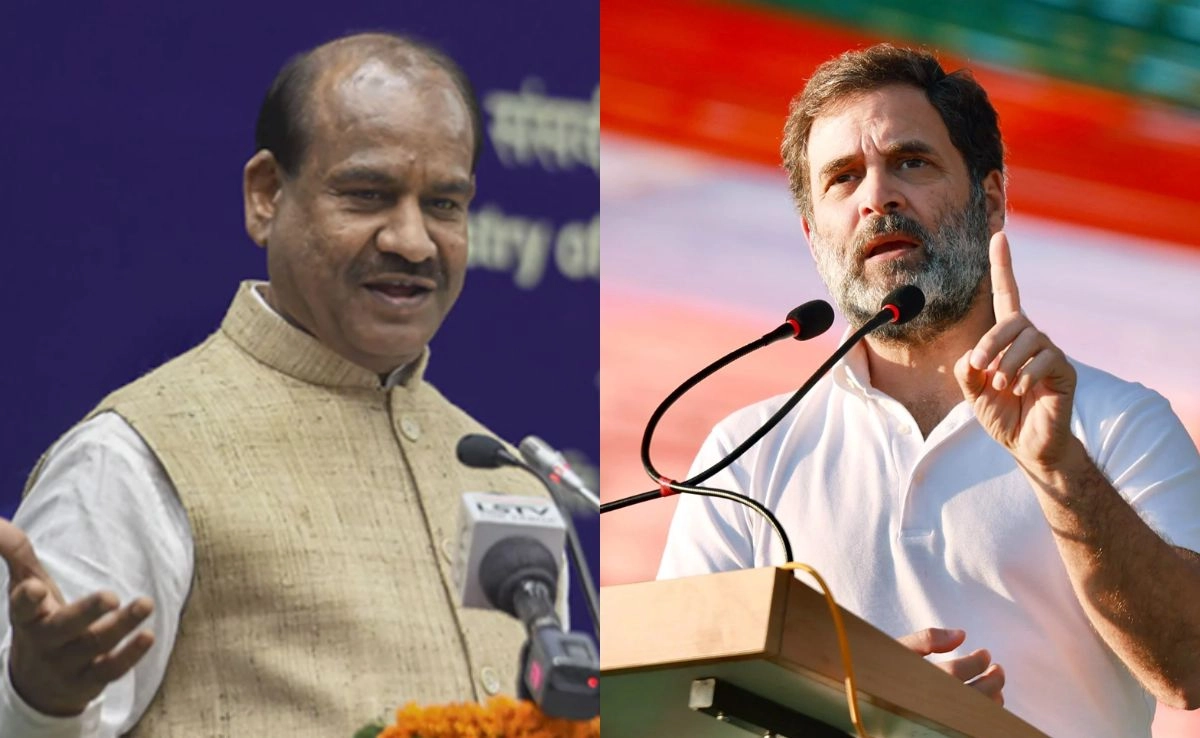A recent report has highlighted a concerning trend regarding Indian students in the United States, revealing that they constitute a staggering 50% of all recent visa revocations. This statistic underscores significant challenges faced by international students, particularly those from India, as they navigate the complexities of studying abroad. The reasons behind these visa revocations can vary, ranging from administrative errors to issues related to academic performance and compliance with visa regulations. This situation not only affects the students directly involved but also has broader implications for the educational institutions that rely on international enrollments for financial stability and diversity.
The report emphasizes the critical need for better support systems for Indian students in the U.S. Many of these students come with high aspirations, seeking to benefit from the advanced educational opportunities available in American universities. However, the pressures of academic expectations, cultural adjustment, and the intricacies of visa regulations can create a perfect storm of challenges. There is a growing call for universities to enhance their support services, including counseling, academic advising, and legal assistance, to help students navigate these hurdles more effectively.
Moreover, the issue of visa revocations serves as a reminder of the importance of policy changes that could alleviate some of the burdens faced by international students. As the global landscape of education continues to evolve, it is essential for policymakers to engage in dialogues that consider the unique needs of international students, particularly those from countries like India, which sends one of the largest contingents of students to the U.S. By fostering a more inclusive and supportive environment, universities can not only help reduce the rate of visa revocations but also enrich the academic experience for all students, promoting diversity and cultural exchange within their campuses. Ultimately, addressing these issues is crucial for maintaining the United States’ position as a premier destination for higher education.




